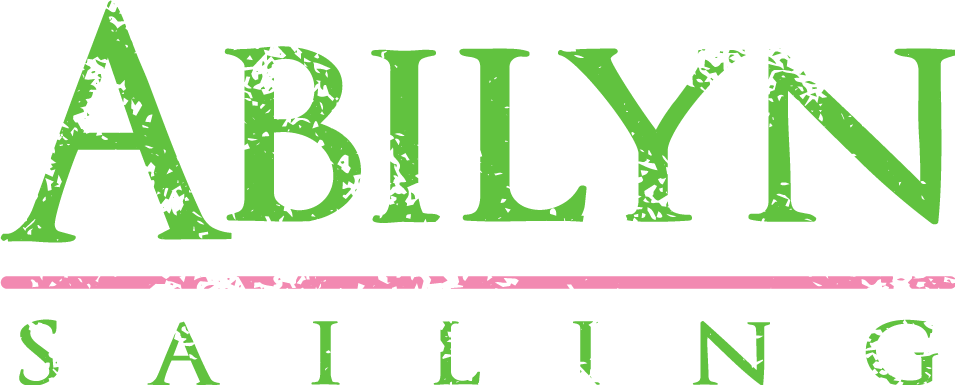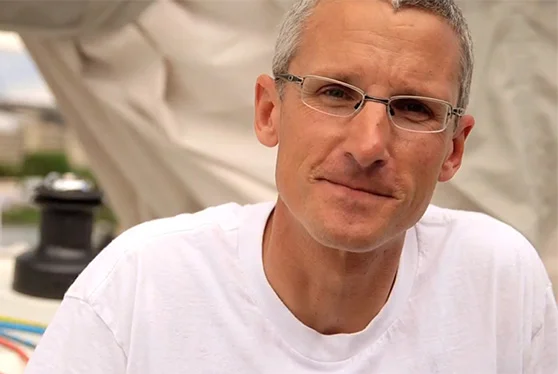Kimo's Tips For Offshore Racing Success
Go offshore.
Jerry Kirby gave me a similar tip. By the way, Jerry heads up a top-tier construction business, Kirby-Perkins Construction, in Newport, RI. I called up Jerry on one particularly gloomy day at work and asked, "Hey Jerry, how do I become a VOR sailor?" He said, "Josh, what do you do for a living?" So I told him. He said, "Josh, you gotta stop doing that, and go sailing." Not quite so easy as I had identical twin girls on the way, who are now 4-years-old going on 25.
Kimo's point is to go offshore for a few days (5-8, 10 is better), and sail every angle. Figure out the correct sail combination for the conditions faced each day, which are likely to be different. Go upwind, and then bear off 10 degrees. Get your numbers and figure out where you are in reference to your polars. Do a sweep so that you know what you need to do at all angles. WRITE EVERYTHING DOWN.
Weigh everything.
Everything that comes aboard should be weighed. Keep the boat light. Figure out what you need, and what you don't.
Electronics. Use 'em or lose 'em.
Know the ins and outs of your electronics (and the wiring). Know how to use your electronics to help you determine whether you're fast or slow. Use your electronics to tell you when you're in unfavorable current, and also where to go to get OUT of the unfavorable current.
Hit the gym.
Be in shape. Being physically fit is always fast, and allows you to make better decisions and better judgment calls.
Eat.
Self-explanatory, but sometimes overlooked.
Set yourself up so that you don't waste time.
Two examples: Figure out how to eat quickly. Sleep in your foulies in rough sailing conditions. By sleeping in your foulies, you're ready for anything that needs to happen, and you're also not wasting time (and sleep) changing in and out of gear.
Practice in a dinghy.
My good friend Peter Beardsley will love that this is one of the tips Kimo gave me. Peter is the current President of the Viper 640 Class Association, and a great proponent of the sport. He constantly tells me that if I want to get better, I need to get into a dinghy. Maybe I got rid of my Vanguard 15 too early. ICs? Ugh...
Kimo says that the best VOR drivers are the 49er sailors. Practicing in a dinghy can only help you sail faster offshore.
Become a rig tuning pro.
Know your rig tune, and how to optimize it. Make sure your rig is lined up with your keel and rudders. Know when to use more runner, less runner, fuller sails, flatter sails, more halyard tension, less halyard tension, etc.
Sometimes racing is not racing.
The smartest sailors know when to race and when to survive. Know when to back off. If you break, you're out.
Preparation is key.
Preparation cannot be overstated. Before you even get to the dock, you need to have figured out where you need to go, how the weather will affect your course, and how to use your sails effectively to get to where you need to go.
Be prepared in case all goes to hell. In other words, take the safety course. Bring proper safety gear.
Synthesizing Kimo's tip on preparation with Jerry's tip above, I need to stop doing whatever it is that I'm doing, and go prepare for the next race, which happens to be the 59th Annual Edlu Race, hosted by our home club.












